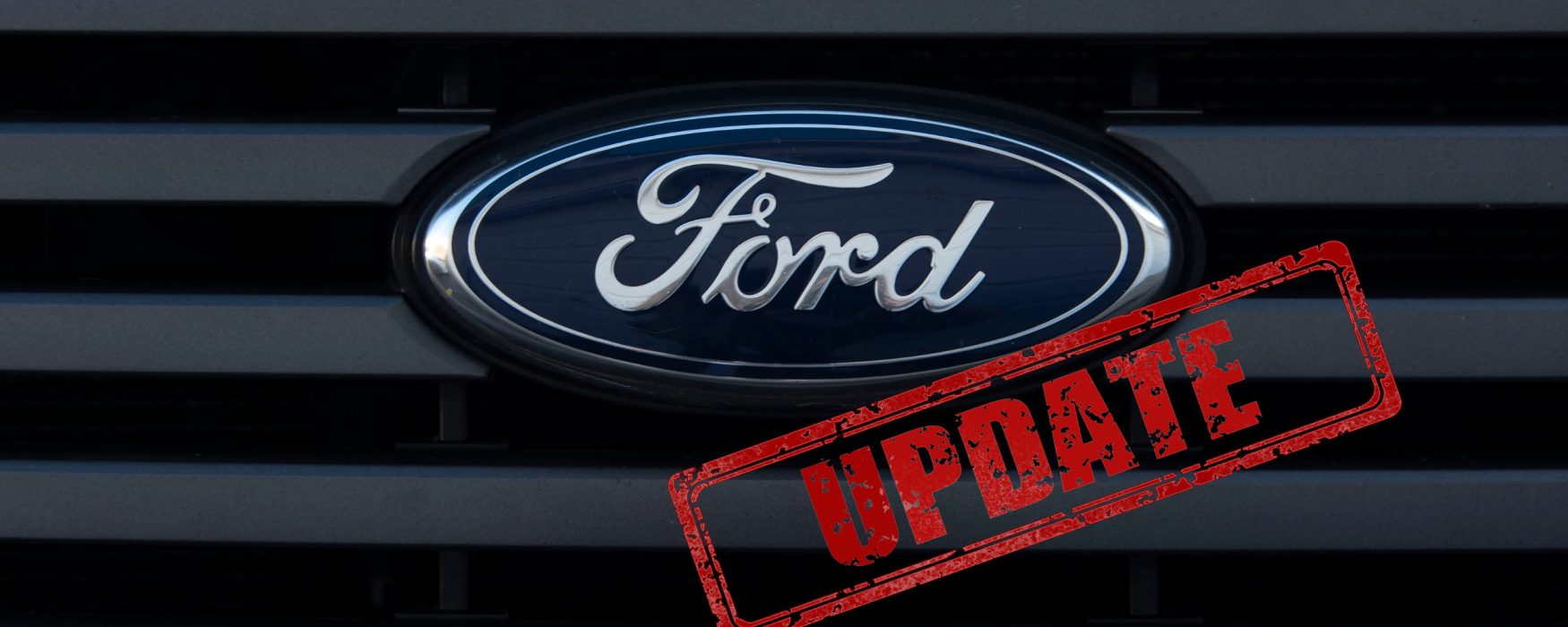
Article courtesy MIRS News, for SBAM’s Lansing Watchdog e-newsletter
Following concern from several House members that the recently announced deal to build a Ford electric vehicle battery park in Marshall included involvement with a Chinese company, a Ford Motor Company official told the House Appropriations Committee that the Dearborn-based company’s subsidiary alone will own and run the plant.
The Wednesday testimony by Ford Chief Governmental Affairs Officer Chris SMITH and Quentin MESSER of the Michigan Economic Development Corporation followed a letter to Gov. Gretchen WHITMER from Reps. Andrew BEELER (R-Port Huron), Jaime GREENE (R-Richmond), Andrew FINK (R-Osseo), David MARTIN (R-Davison), Mike HOADLEY (R-Au Gres), William BRUCK (R-Erie), Robert BEZOTTE (R-Howell) and Greg MARKKANEN (R-Hancock) that China-based Contemporary Amperex Technology Co. Ltd. (CATL) could be influenced by the Chinese Communist Party. The letter also asked Whitmer to reject the project.
The project was announced on Feb. 13 as a $3.5 billion investment by Ford, plus an MEDC hopeful state-funded $210 million attraction award to come out of the Strategic Outreach and Attraction Reserve (SOAR) Fund (See “Ford’s New $3.5B EV Battery Park Comes With $210M From SOAR,” 2/13/23).
The project would bring 2,500 jobs to Marshall, a town with a population of 7,088.
But Beeler said the lack of transparency surrounding the project and the potential for the company to be influenced by the Chinese Communist Party is troubling.
Smith said the plant will be run by Ford alone, with no foreign investment from CATL. Instead, Ford is simply licensing CATL as a technical service partner to manufacture lithium iron phosphate batteries.
“It’s not a joint venture,” he said. “There’s not going to be any foreign partners.”
When Rep. Ken BORTON (R-Gaylord) asked if the contract is still available for review, Smith said though the contract is still under negotiations, the structure of the deal has been established.
CATL is the only company that can provide the technical service assistance, as all companies using lithium phosphate batteries use the company to some extent, he said.
He added that security and espionage concerns are challenges at every Ford site, and in addition to the promise that no tax dollars would go to CATL, Smith said supply chain and national security concerns could be limited by manufacturing batteries domestically instead of importing them.
“For the first time, Ford will make them in America,” Smith said.
Derek PERRY, Marshall’s city manager, said the 2,500 direct jobs created by the plant would offset the 2,000 that Marshall has lost through the departure of major employers, like State Farm.
The plant will be a “magnet for additional new capital investment for roads and infrastructure,” he said, after the site has been marketed for the past 10 to 15 years.
Having the investment from Ford already set is also accelerating their ability to get the plot ready, Perry said, which includes a $15 million investment in Norfolk Southern to build a railway starting in 2024.
Legislators expressed concern that the funding would go to Norfolk Southern, the same railway that had recently been involved in a large derailment and chemical spill in Palestine, Ohio.
To that, Messer said there are certain rail requirements for the site, and though Norfolk is the current provider, they don’t know if that will be the same when those dollars go out the door.
But for now, Messer said the state needs to choose the best way to move this investment forward, and “Norfolk Southern is that rail provider.”
Following the presentation, Rep. Jamie THOMPSON (R-Brownstown) said the Ohio derailment just weeks ago, along with another Norfolk Southern train that was derailed in Van Buren Township, are cause for major concern.
“These derailments have impacted communities and families. The Ohio crisis has uprooted people’s lives while leaving them wondering if the air they are breathing and the water they are drinking is safe,” Thompson said. “The recent derailment outside of Detroit provided a similar scare for people in surrounding areas initially because of the attention the Ohio derailment has been rightfully getting.”
She said moving forward, Norfolk Southern needs to be transparent about efforts to prevent future incidents, and Whitmer should reconsider her willingness to “cut this company a check in the midst of these problems.”
Pending legislative approval of the $210 million already allocated in Whitmer’s budget recommendation, it’s expected that an additional $800 million from the SOAR Fund could be appropriated to fund the battery plant, which could be nearly a third of the state’s transportation budget.
When asked, Messer said the state has a duty-bound obligation to compete for every legal job available.